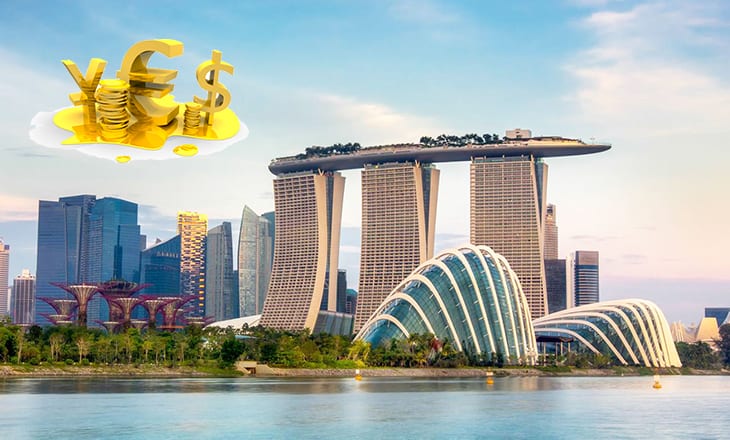Singapore-based Spark Systems will start a live trial of its currency platform in March, hoping to lure traders with lower fees than existing offerings in the city, as Bloomberg reported. The firm won financial support from Singapore’s central bank and is part-owned by Dymon Asia Capital, the $5.5 billion investment manager whose currency hedge fund returned 56% last year.
Spark is counting on prominent patrons to help it break into a foreign-exchange market long dominated by major Western financial firms. Chief Executive Officer Wong Joo Seng shared that the company’s aim is to create a venue for Asia-based institutional investors to trade with each other in Singapore, instead of routing orders to London or New York.
At Spark, Wong is joined by Chief Technology Officer Ye Ting Song, who helped build currency trading systems at Barclays Plc and Pine River Capital Management in Hong Kong.
The Monetary Authority of Singapore said its support for Spark is part of a S$225 million ($159 million) plan to fund technology and innovation in the financial industry, while declining to disclose the size of Spark’s grant. The startup has also raised $6.5 million from investors including Singapore-based Vickers Venture Partners, Wong said.
Spark’s prospects will depend on its ability to convince major traders to use its platform, according to Javier Paz, a senior analyst at Boston-based research firm Aite Group.
Singapore already has currency trading platforms with servers in the city, according to Clement Goh, managing director for South Asia at Equinix Inc., the world’s largest provider of interconnected data centers.
Spark aims to differentiate itself by charging lower fees than competitors. It will cost $3 or less for every $1 million worth of trades on Spark’s platform, versus $5 to $15 for existing venues, Wong said. He also wants to attract speed-sensitive traders, some of whom currently send orders offshore. Wong says it takes about 2 milliseconds to match an order in Singapore, versus 200 milliseconds to route it to New York or London.
